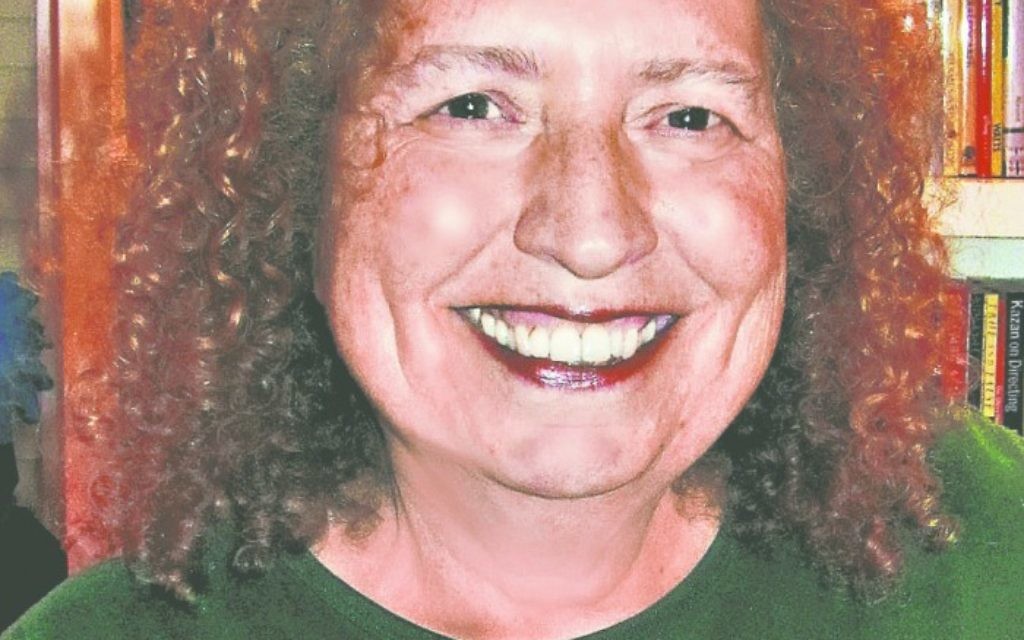A Conversation With Grandma Rose
Chana’s Corner
My favorite grandparent loved meeting and hearing about “young” Jewish people and talking about contemporary Jewish life. I wish I could tell Grandma Rose, who was born in the late 1890s, about four women and men I spent time with this week.
Anne lives near Baltimore. She’s spunky and stylish, runs her own event-planning business, and has cute hair. She made friends with everyone at the wedding she’d come to Atlanta to attend (and probably initiated a few business deals).
Get The AJT Newsletter by email and never miss our top stories Free Sign Up
She told me she’s not interested in getting married, and under no circumstances will she have children. She hastened to assure me that she has a like-minded steady boyfriend.
“I’m the perfect aunt,” she laughed, “and that’s just the way I like it. And please don’t give me that speech. My parents totally support my decision. I have a great life.”
Anne’s brother, Todd, a writer who lives in New York, chimed in: “I agree. Most of my friends move around too much and are too busy to do a decent job raising a family. A lot of them are divorced, and their kids have to deal with that. I don’t see any benefit in getting married. I love my apartment, which is just the right size and location for me, and I’m free to do my own thing.”
I got a call from Gloria, who was in town for business. She hadn’t been in Atlanta for ages because she’d left a roommate, lifetime friends and meaningful volunteer work in order to care for her mother in Florida. Gloria suffers from a number of chronic ailments herself, even being bedridden from time to time.
In Florida she lives alone and has a challenging job. She manages her finances and medical issues well but finds many of her Florida peers to be stressed, debt-ridden and transient.
When her mother died, Gloria could have moved back, but she had decent employment and had renovated her condo. “It was hell working, traveling, shopping and monitoring my mother’s health. I had too many decisions to make on my own. I love my independence, but some days I just couldn’t handle it all. I’m better now, and I’m concentrating on working, staying strong and enjoying life.”
My husband and I spent several hours with another former Atlantan, Yehudah, who moved with his family to a northern Israeli town two years ago. He comes to the States a few times a year to interact side by side with his team at a hospital and works the rest of the time remotely from his home across the ocean.
Yehudah and his wife are expecting their fourth child. They rent a small house with a big garden far from a major city. They appreciate their multinational community with many immigrants, who all live an extremely non-American lifestyle.
Yehudah’s family plans to stay there. Their future home will not have polished wood floors or be constructed of brick. It will be made entirely of poured concrete, just like the nearby bomb shelters. Their four children will someday be soldiers. Their oldest son’s class has 33 students with one teacher. The desks in the room, according to Yehudah, look just like the ones his mother had in the ’50s; however, the learning that goes on in his children’s schools is impressive, to say the least.
The kids hike, explore, ride bikes and collect geodes from a stream. The neighbors know and help one another.
Yehudah’s family, in Israel for a very short time, has “adopted” and accepted responsibility for another family. These new Israelis are members of B’nei Menashe from India, descendants of one of the “lost tribes,” now accepted as Jewish by the Israeli religious establishment. Yehudah’s not alone: 20 other families in town have done the same thing.
The last conversation I had with Grandma Rose was in 1967. What would she think of these four confident, intelligent, hardworking Jewish people?





comments